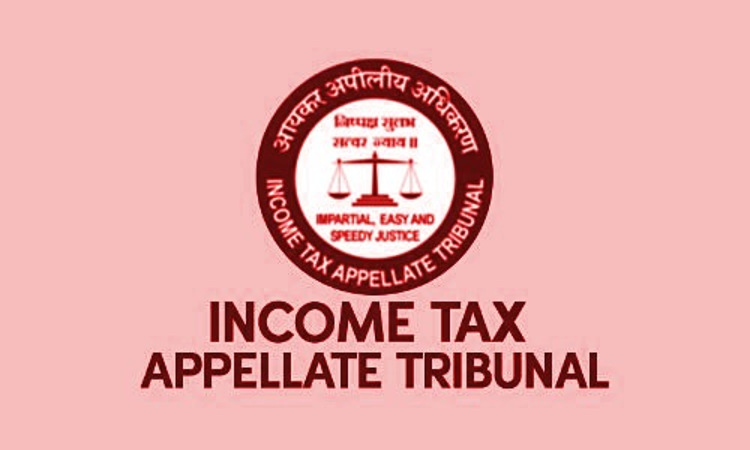The Ahmedabad Bench of Income Tax Appellate Tribunal (ITAT) has held that the basis to initiate the proceedings under Section 263 of the Income Tax Act by the PCIT is misplaced as it was based on the document, which was not forming part of any proceedings.The bench of Suchitra Kamble (Judicial Member) and Waseem Ahmed (Accountant Member) has observed that the report from the Departmental...

